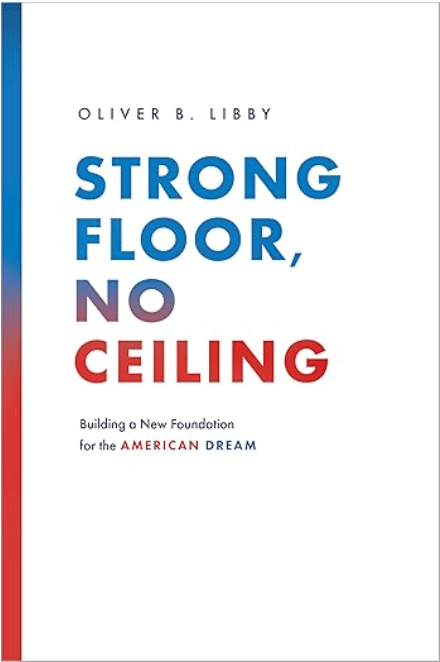- The Indispensable Newsletter by Gautam Mukunda
- Posts
- 996: The overwork model that’s killing innovation
996: The overwork model that’s killing innovation
The Indispensable Newsletter #38
Dear Friends,
As America debates new tariffs on Chinese imports, here’s one we should all agree to block: a culture of overwork.
In China’s tech sector, “996” stands for working 9 a.m. to 9 p.m., six days a week. It’s been outlawed there—but admired here. Some U.S. startups, especially in AI, are flirting with it. That’s not ambition; it’s ignorance.
For a century, research has shown that productivity peaks around 40–45 hours a week and then collapses. Past 60, it can actually reverse—people produce less the more they work. In one WWI experiment, British munitions factories factories would likely have produced more shells if their workers had worked fewer hours.
The 996 model doesn’t just kill productivity. It kills creativity—the real currency of innovation. Sleep deprivation and time pressure destroy cognitive flexibility. The best engineers, designers, and scientists aren’t the ones who grind longest; they’re the ones who think freely.
When Microsoft Japan tried a four-day workweek, productivity rose 40%. In a U.K. trial, nearly every company that shortened hours kept the policy afterward. Working less worked better.
Working ultra-long hours comes with a human price: higher rates of heart disease, stroke, burnout, and family breakdown. And because talented people can always leave, the ones most harmed are the companies that depend on them most.
In the end, 996 isn’t a productivity strategy—it’s a control strategy. It rewards obedience, not originality. If your job treats you like a machine, it’s only a matter of time before an actual machine replaces you.
—Gautam
Single Best Idea: Rochester & Mukunda
If you’ve enjoyed reading, please subscribe to The Indispensable Newsletter to have relevant content sent straight to your inbox twice a week!
Further Reading….
Politics seems to get worse every day, and it sometimes seems that our hopes for the government belong somewhere in the rubble of the East Wing. At this critical moment my friend Oliver Libby has written a extraordinarily important book: Strong Floor, No Ceiling. His book is a clarion call for political moderates, laying out an agenda for a new, and better, politics. You don't have to agree with all of Oliver's proposals. I don't! But that might even make it more important to read his book and engage with what a real, energized, political center might look like.

